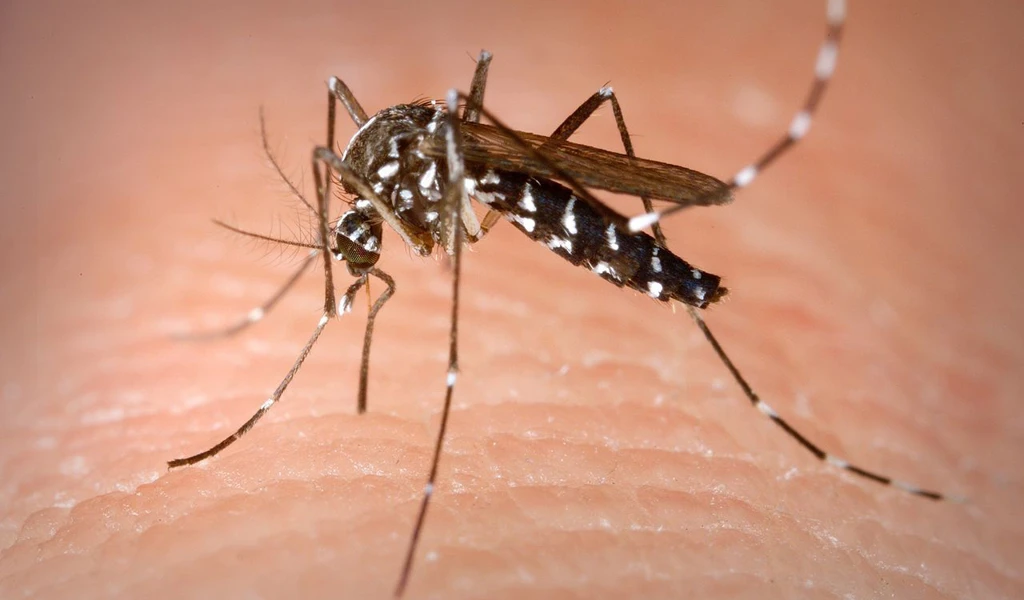Chikungunya
CEPI is advancing Chikungunya vaccine candidates through late-stage trials, focusing on expanding access to vulnerable populations in endemic countries.
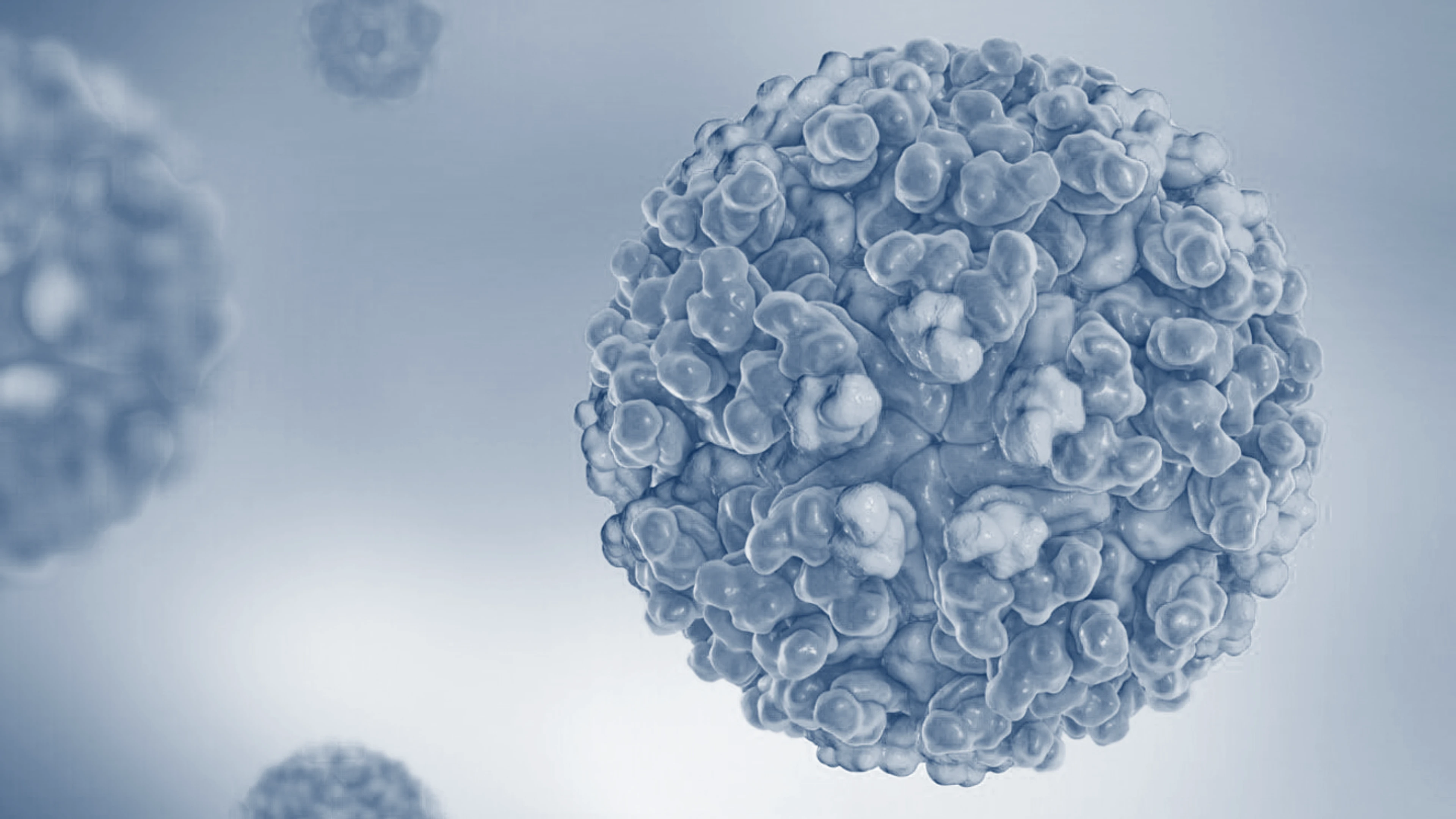
What is Chikungunya virus?
Chikungunya is a viral disease caused by the Chikungunya virus. It belongs to the Togavirus family.
Chikungunya is most commonly transmitted by two types of moquito - the Tiger Mosquito and the Egyptian mosquito (scientific names Aedes albopictus and Aedes aegypti).
The name chikungunya derives from a word in the Kimakonde language spoken in Tanzania where it was first identified in the 1950s. It means “to become contorted” and is an apt description for the lifetime joint pain it can cause which can make even walking unbearable. It has also been called "zombie malaria" to describe the painful posture and movement those infected can suffer with.
The WHO identifies Chikungunya as a major public health concern due to its high morbidity and has stated that further research and development is needed.
The Chikungunya vaccine developed by Valneva with support from CEPI and the European Union, known as IXCHIQ, became the first Chikungunya vaccine to receive licensure by a stringent regulatory authority. It has now been approved in outbreak-affected Brazil as well as Canada, the EU and the UK for use in adults of certain ages. It is also authorised for use in adolescents in the EU and Canada.
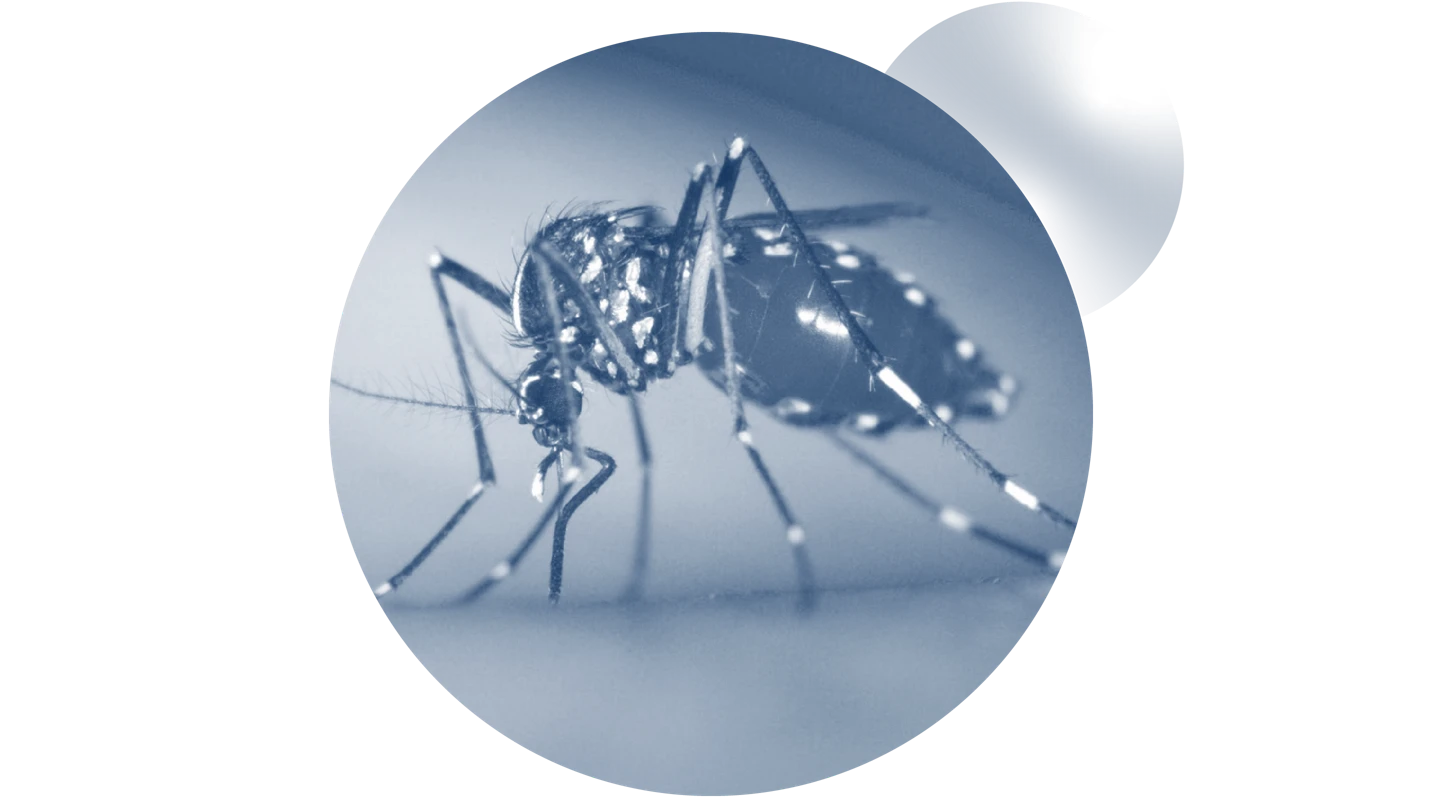
2.8 billion
Number of people living in countries where Chikungunya virus is likely circulating
35 million
Estimated number of Chikungunya infections around the world each year
2
CEPI-backed vaccines in active development, including one that is now licensed
Where does Chikungunya occur?
Chikungunya was first identified in Tanzania in 1952 and has since become widely distributed across the globe, with major epidemics reported in Africa and Asia.
While sporadic outbreaks of the disease were reported in the latter half of the twentieth century, Chikungunya cases have become more frequent and widespread since 2004. This is due to mutations occurring in the virus allowing mosquitoes to spread the virus more easily. The warming climate making areas are becoming habitable for mosquitos to transmit the virus, increasing the risk of infections.
Outbreaks have exploded this year with hundreds of thousands of cases reported worldwide, including in known hotspots like Brazil and Asia, as well as significant case numbers being reported in the Indian Ocean, East Africa, parts of Europe. For the first time ever, locally-acquired cases have been reported in China, Paris and New York.
A modelling study supported by CEPI and published in Nature Medicine estimates there could be over 35 million infections occurring each year, with 2.8 billion people living in countries where Chikungunya virus may be circulating.

What are the symptoms of Chikungunya infection?
Chikungunya symptoms can range widely in terms of severity.
It is typically characterised by fever and severe joint pain, which is often debilitating and can last for weeks, months or even years, severely impacting quality of life. It can lead to disabilities placing people out of work and putting strain on already overstretched healthcare systems. Other symptoms during infection can include muscle pain, headache, nausea, fatigue and rash.
Most patients recover fully, however newborns and older people with underlying medical conditions are at higher risk of severe disease and death. Survivors can also suffer from cases of eye, heart and neurological complications.
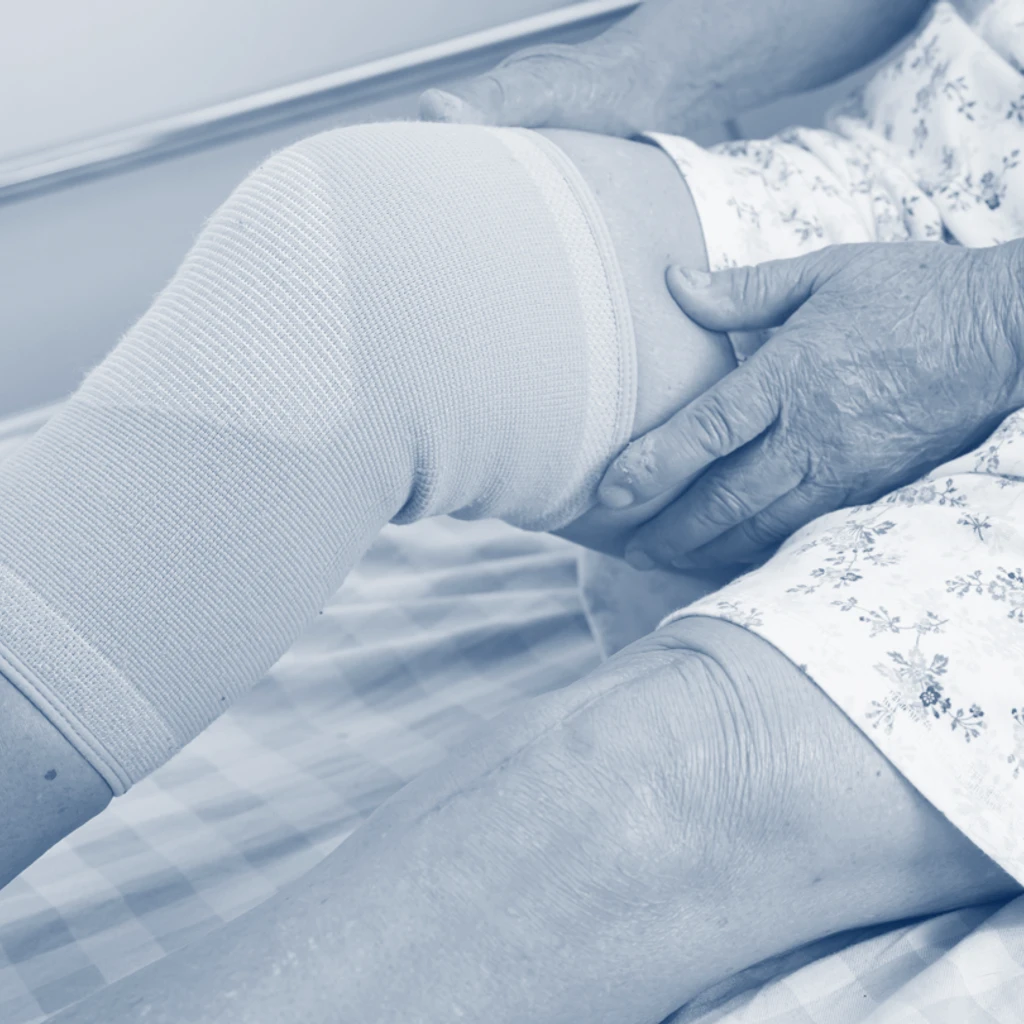
How is CEPI responding to chikungunya?
CEPI's goal is to advance chikungunya vaccines to licensure and make doses available for the people who need them most.
We have committed up to US$100 million to advance three chikungunya vaccine candidates in late-stage development, with support from the European Union. Two remain in active development, one of which, IXCHIQ—developed by the pharmaceutical company Valneva—is now approved for use in adults of certain ages in outbreak-affected Brazil, as well as Canada, the European Union and the UK.
Expanding access to IXCHIQ
CEPI and the EU are supporting research to expand access to IXCHIQ in populations who may be most at risk of severe disease but are not currently eligible for vaccination, such as pregnant women, children and infants.
CEPI has already supported a clinical trial assessing the performance of IXCHIQ in adolescents in Brazil in partnership with Brazil's Instituto Butantan. This data was used to expand the use of the vaccine to include adolescents over 12 in addition to adults in the European Union and Canada. We're looking to expand access even further and will support a trial planned for 2026 assessing the vaccine in children aged 1-11.
CEPI's partnership with Valneva has supported the transfer of IXCHIQ vaccine technology to Instituto Butantan in Brazil. The tech transfer agreement enables local development and manufacturing of IXCHIQ and guarantees priority supply at an affordable price to low- and middle-income countries affected by Chikungunya outbreaks in the region.
Prior to CEPI's involvement, IXCHIQ had been developed and funded by Valneva predominantly as a vaccine for travelers from high-income countries.
Tracking disease burden
While chikungunya is know to cause large outbreaks in Asia and South America, CEPI is funding a project to find out the extent to which chikungunya is also affecting East Africa. Testing remains largely limited in the region and there is concern that cases are largely going unreported.
Having better insights into chikungunya’s local prevalence can guide the design and implementation of future vaccine trials and vaccination programmes in countries in the region.

Latest Chikungunya news
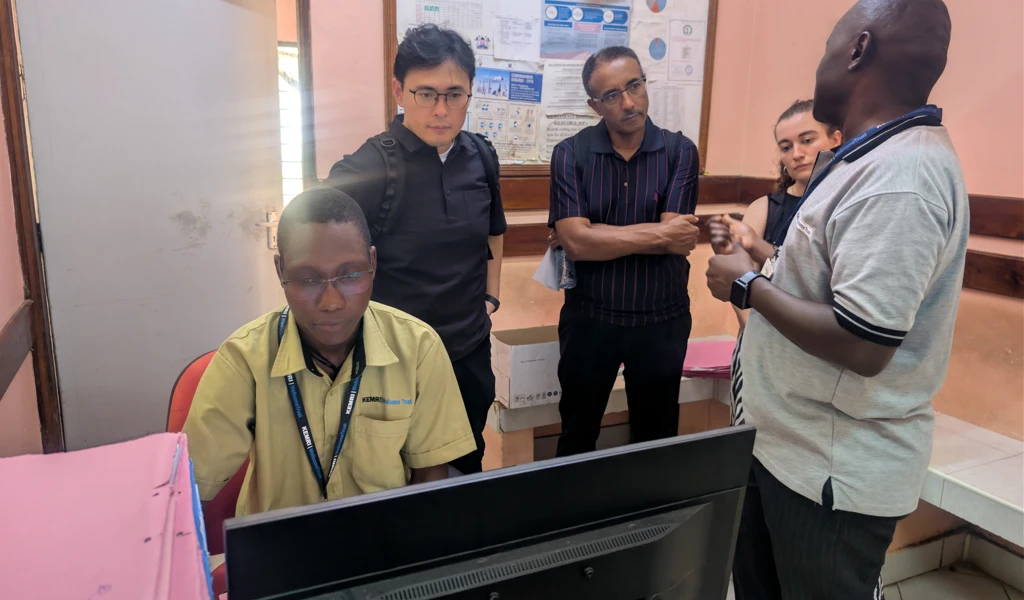
The pain after the bite: Tracking Chikungunya’s debilitating impact in East Africa

Valneva expands access to Asia for its chikungunya vaccine with Serum

Scientists launch largest-ever study tracking chikungunya burden in East Africa
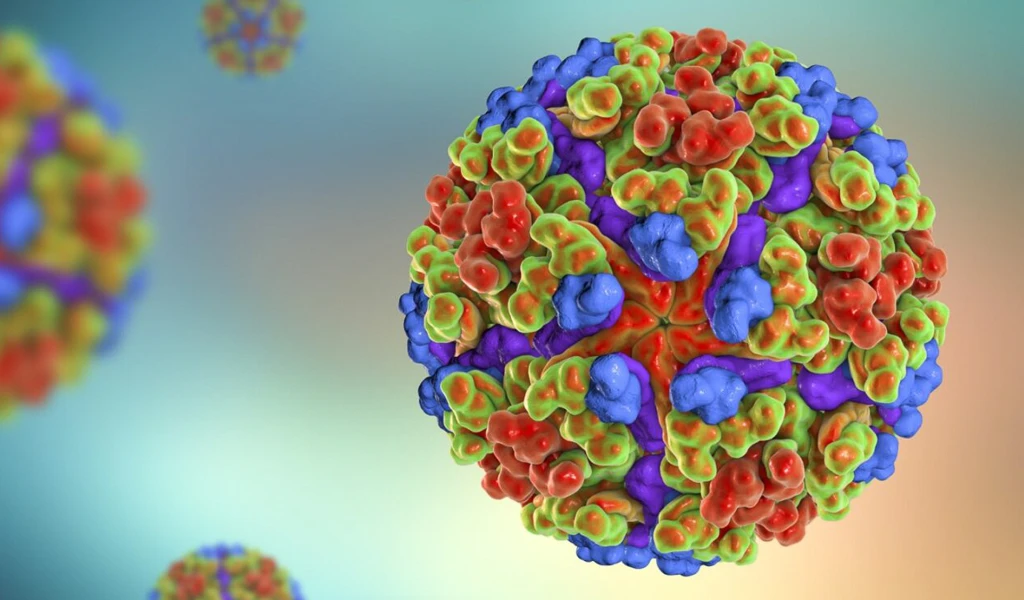
CEPI expands partnership with Valneva with $41.3 million to support broader access to world’s first Chikungunya vaccine
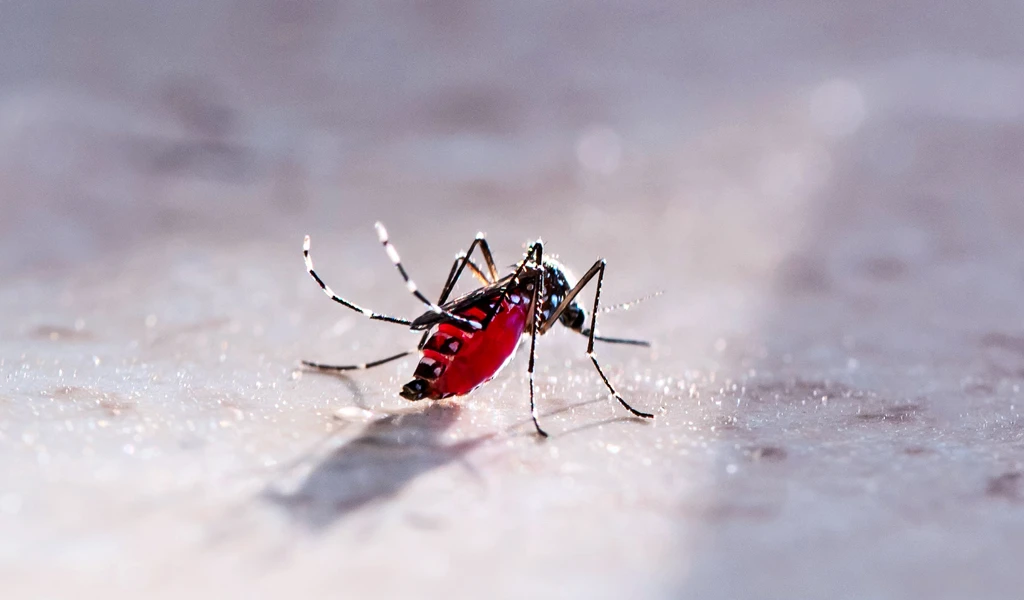
Accelerating access to the world's first Chikungunya vaccine
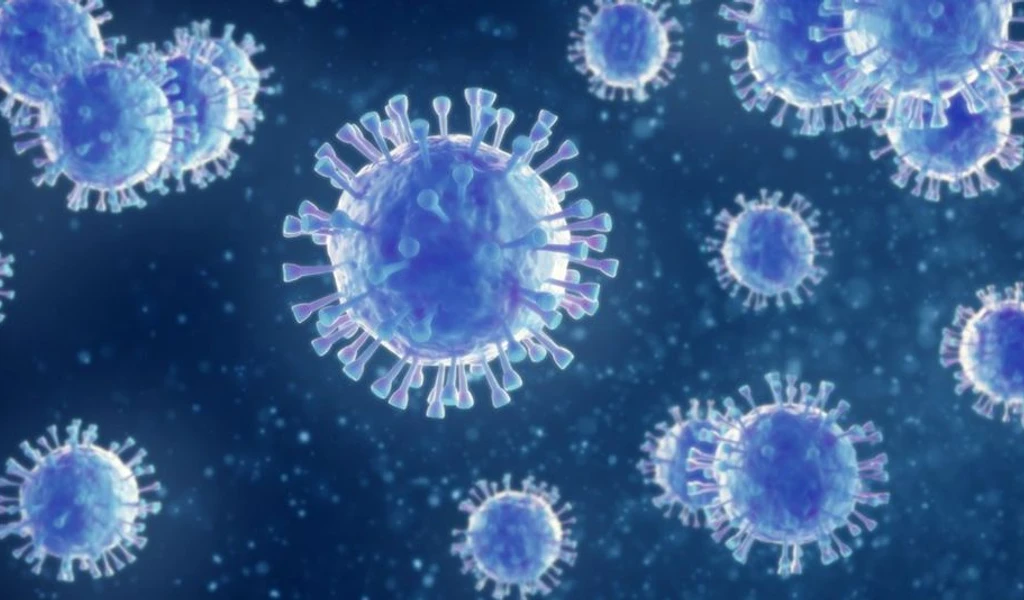
CEPI partners, IVI and BBIL, launch global Chikungunya vaccine Phase II/III trial in Costa Rica
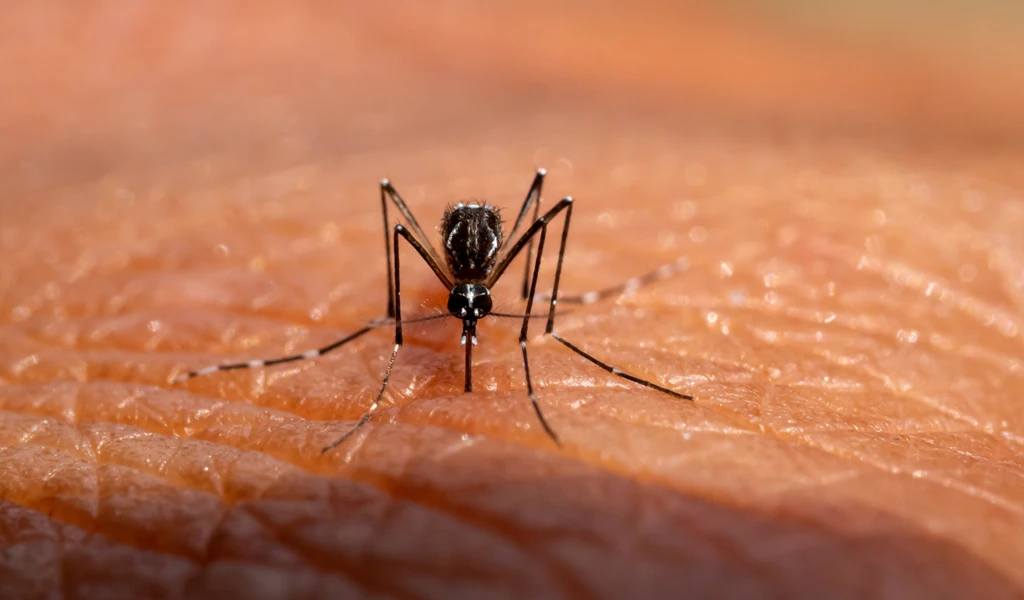
Licenced Chikungunya vaccines are on the horizon
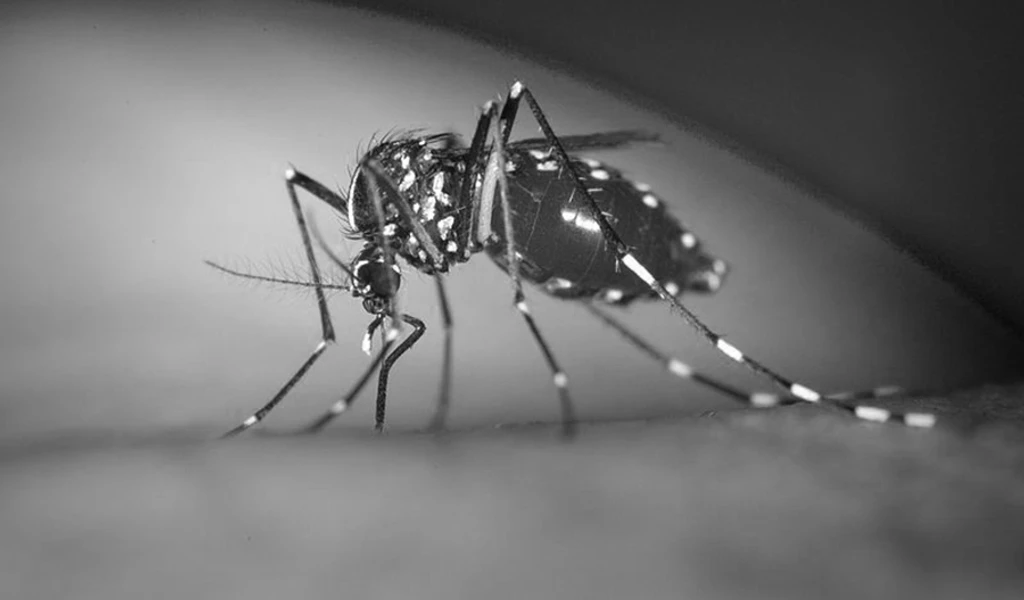
CEPI awards up to US $14.1 million to consortium of IVI and Bharat Biotech to advance development of Chikungunya vaccine in collaboration with Ind-CEPI
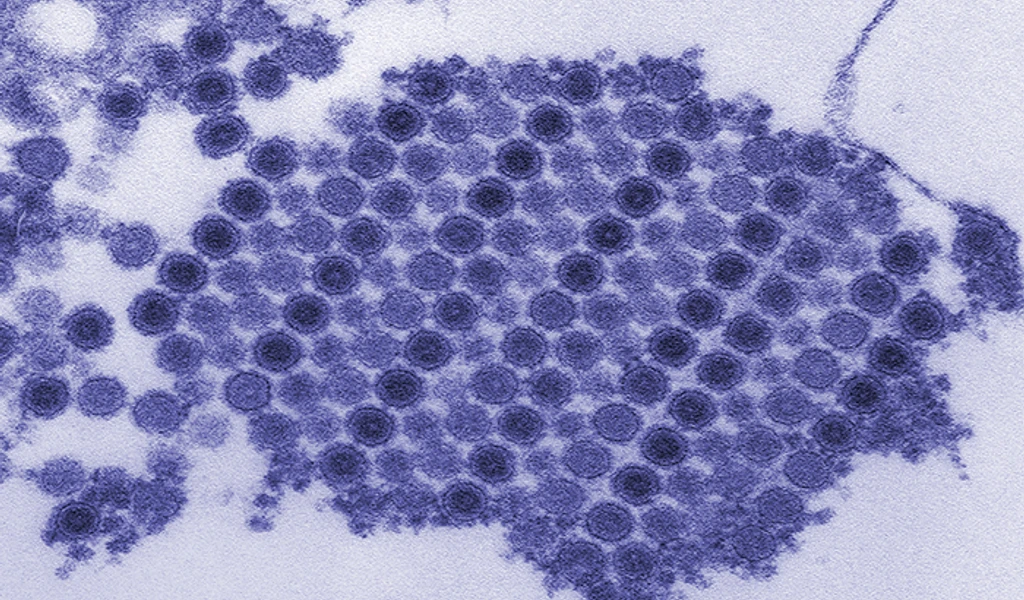
CEPI awards up to US$23.4 million to Valneva for late-stage development of a single-dose Chikungunya vaccine

The world needs a Chikungunya vaccine
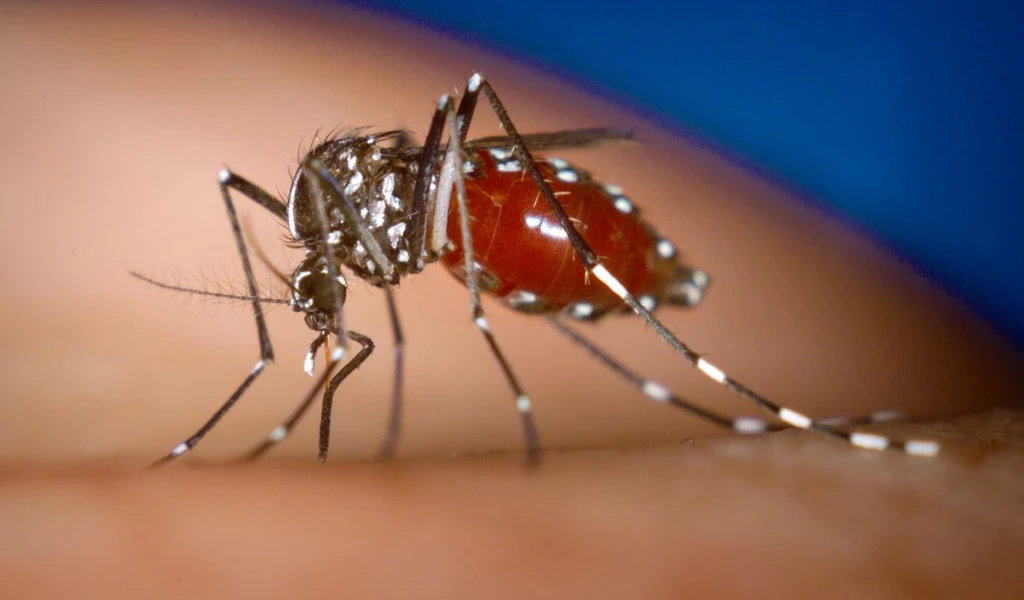
CEPI awards up to US$21 million to Themis Bioscience for Phase 3 Chikungunya Vaccine Development
